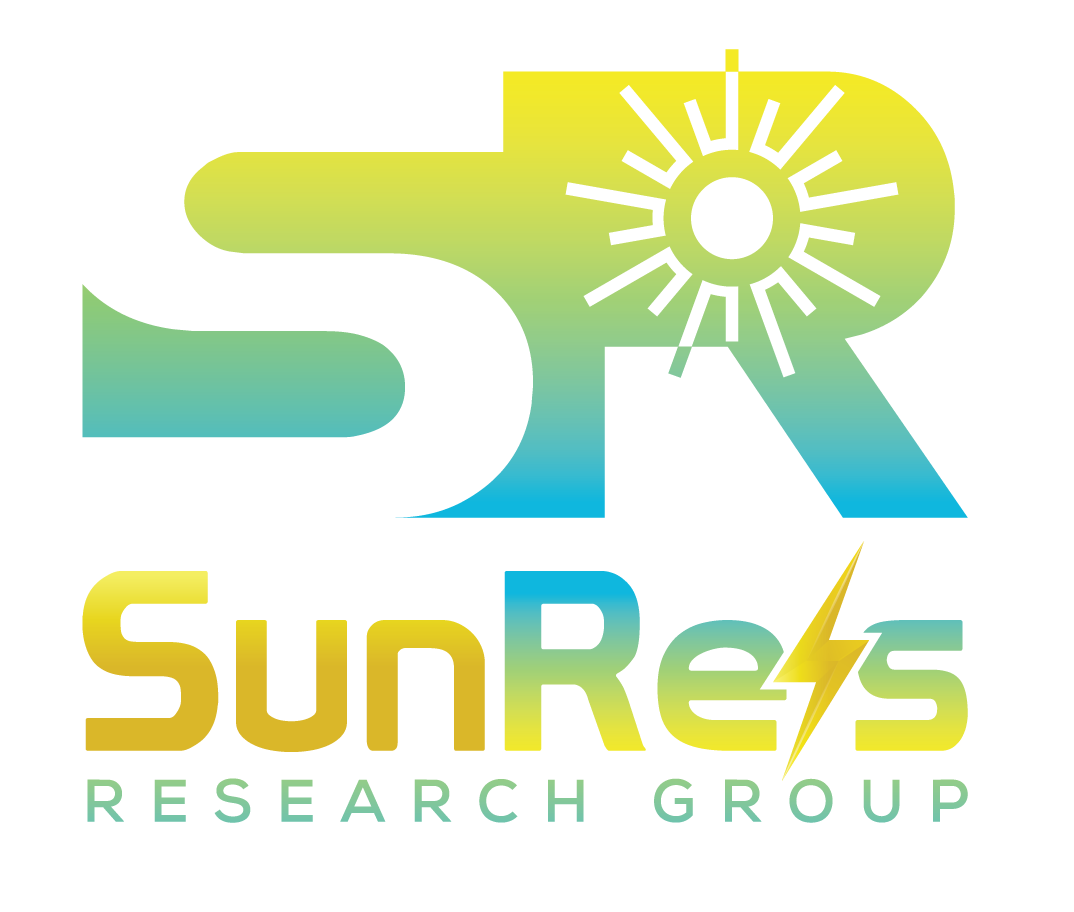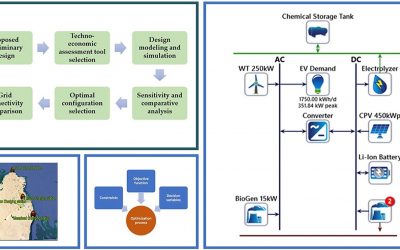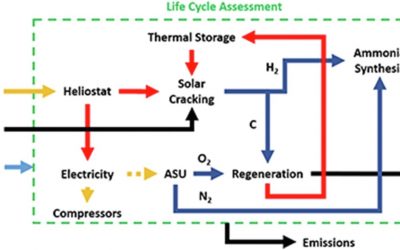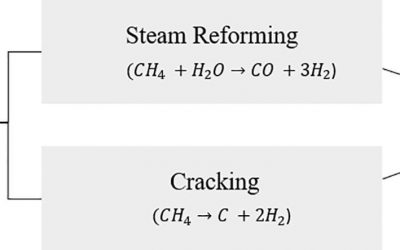NEWS
NEWS
Oman announces National Research Award winners
Gulf Cooperation Council Can Make a Clean Energy Transition: Here’s How
Transition To Sustainability For Net-Zero Emissions By 2050
Amir meets winners of Education Excellence Day Award
HBKU Showcases Student Research Excellence at 3MT Competition
HBKU Researchers and Scientists Ranked Among Best in the World
Transforming Smart Cities with Green Energy Applications
Op-ed: Sustainable options for transporting the energy of natural gas
Qatar renewable energy transition and carbon neutral FIFA World Cup
Master’s student, Mohammed Al-Breiki, featured on Qatar Radio
PhD student, Abdulla Al-Wahedi, featured on Qatar TV
PhD student, Abdulla Al-Wahedi, featured on Qatar Radio
Research Highlights
Techno-Economic Optimization Of A Novel Stand-Alone Renewables-Based Electric Vehicle Charging Station In Qatar
One of the main challenges of e-mobility roll-out is securing the required charging demand without stressing the existing power grid. The electrical source must be non-conventional to achieve the ultimate eco-friendly goal.
Life Cycle Assessment Of Clean Ammonia Synthesis From Thermo-Catalytic Solar Cracking Of Liquefied Natural Gas
Ammonia is considered a sustainable energy storage medium with zero carbon content. In this work, thermal catalytic cracking of liquefied natural gas (LNG) at elevated temperatures employing concentrated solar tower is considered to produce clean hydrogen (CO2-free) and studied in terms of life cycle emissions.
Review On Cox-Free Hydrogen From Methane Cracking: Catalysts, Solar Energy Integration And Applications
Hydrogen fuel production from methane cracking is a sustainable process compared to the ones currently in practice due to minimal greenhouse gas emissions. Carbon black that is co-produced is a valuable product and can be marketed to other industries.
Conferences
SunReis (Sustainable Utilization of Novel Renewable Energy Integration & Storage)
SunReis (Sustainable Utilization of Novel Renewable Energy Integration & Storage) is a research group at Hamad Bin Khalifa University, Qatar, led by Dr. Yusuf Bicer. The acronym is derived from 'sunrays', where “reis” means leader/president in Arabic and Turkish. The group’s research interests include sustainability, energy storage, energy carriers, hydrogen, ammonia, integrated energy systems, cooling, desalination, carbon capture & management and renewable energy sources such as solar, wind, and ocean.



